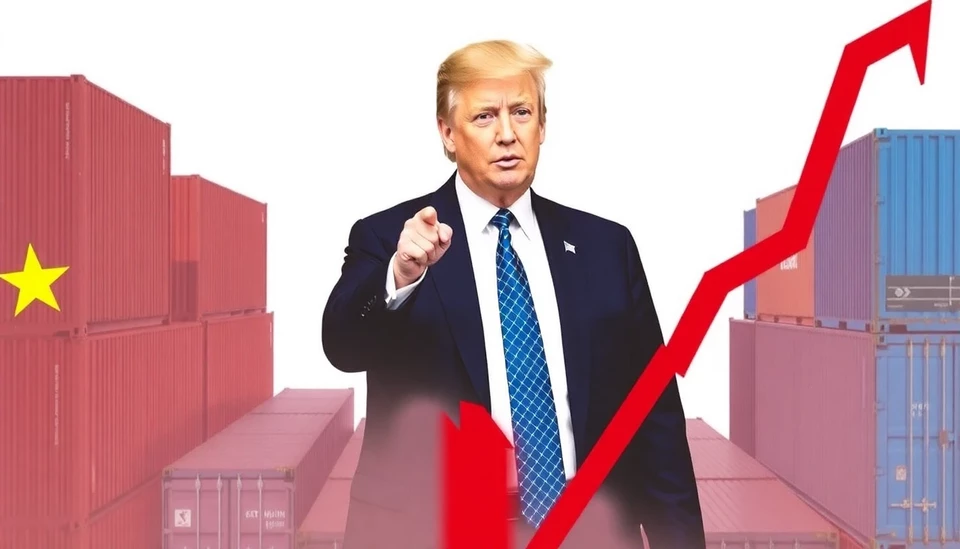
In a surprising and controversial decision, former President Donald Trump has announced an increase in tariffs on Chinese imports, raising the rates to a staggering minimum of 54%. This move, which comes amid ongoing tensions between the U.S. and China, is expected to have significant implications for both the American economy and global trade relations.
The new tariff rates target a wide array of products, affecting everything from consumer electronics to agricultural goods. This escalation in trade pressures is part of Trump's broader strategy to combat what he terms unfair trade practices imposed by China. Industry experts and economists are expressing their concern that such substantial increases could exacerbate existing economic challenges and contribute to inflationary pressures within the United States.
Critics of the tariff hikes argue that the burdens will likely be passed down to consumers, leading to higher prices on everyday goods. The National Retail Federation has warned that the increased costs associated with tariffs could hit American households hard, potentially resulting in reduced consumer spending and slower overall economic growth.
Supporters of the tariffs, however, believe that this aggressive stance is necessary to level the playing field and hold China accountable for its trade policies. They argue that these measures could lead to a rebalancing of trade dynamics, ultimately benefiting American manufacturers in the long run.
As the news breaks, markets reacted swiftly, with stock prices reflecting uncertainty surrounding the potential consequences of such widespread tariff changes. Investors are watching closely to assess the broader impacts on supply chains and economic stability, as companies across various sectors brace for potential disruptions.
Moreover, this latest escalation in the trade war could have ripple effects beyond just the U.S. economy. Partnering countries and global markets are likely to feel the impact as tariffs reshape trade relationships and supply dynamics. Observers around the world are keenly monitoring how China's government will respond to these provocations, as they plan their own countermeasures in what has become a tit-for-tat battle.
In summary, Trump's bold move to escalate tariffs on Chinese imports to 54% stands as a significant point in the ongoing trade saga. The immediate consequences are yet to be fully understood, but the strategic implications could reverberate across global markets for months, if not years to come.
As the story develops, all eyes will be on both American policymakers and their Chinese counterparts, as stakeholders on both sides anticipate their next steps in this increasingly fraught economic environment.
#TrumpTariffs #ChinaTrade #Economy #Inflation #USChinaRelations #TradeWar #GlobalMarkets
Author: Laura Mitchell




